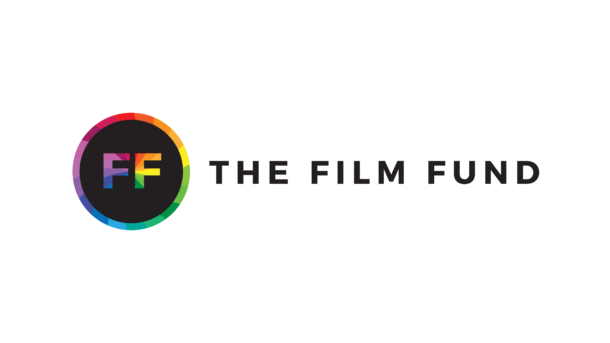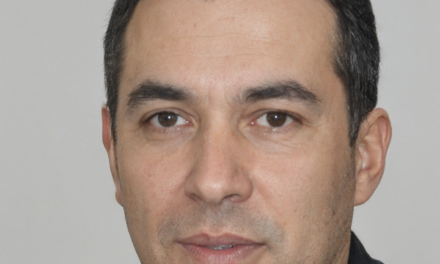Thomas Verd, Founder of The Film Fund, is a visionary in the film industry, challenging the status quo of traditional film financing. With an impressive background and previous roles as the Head of Production at TAV Films and a past seasoned digital marketer, Verdi has dedicated his career to breaking down barriers for independent filmmakers. Recognizing the complexities and exclusivity often associated with conventional film funding methods, he founded The Film Fund—a platform aimed at democratizing film financing by focusing solely on the merit of the creative work. This has not only made film funding more accessible but has also garnered recognition from prestigious institutions like the Sundance Institute’s Inclusion Resource Map. Through The Film Fund, Verdi is fostering a supportive community where filmmakers can thrive, irrespective of their backgrounds.
The Film Fund was described as a “paradigm shift” in film funding. Can you explain how this model differs from traditional methods of financing?
Absolutely. Traditional film financing methods are often complex, exclusive, and time-intensive. They typically require lengthy applications, specific demographics, and sometimes an insider’s access to networks. The Film Fund shifts this paradigm by allowing filmmakers to submit just a single sentence pitch to win funding. This approach levels the playing field and focuses entirely on the creative idea, which is a significant departure from the industry norm.
What was your inspiration behind creating The Film Fund, and how did you envision it impacting the film industry?
The inspiration came from my own experiences and frustrations with the traditional film funding landscape. I wanted to create a platform that simplifies this process and removes the barriers that deter many talented filmmakers from pursuing their visions. My goal with The Film Fund is to democratize film financing, empowering a diverse range of voices to bring their stories to life without facing the usual gatekeeping.
The application process for The Film Fund is notably streamlined. Could you walk us through what filmmakers need to do to participate in the contest?
Certainly. Filmmakers interested in participating simply need to submit a one-sentence pitch that summarizes their film premise and how they plan to utilize the funding. There’s a nominal entry fee—$25 ee for short films and $100 for feature-length horror screenplays, this $100 is an investment in the film as the filmmaker will receive equity in the project. This straightforward process enables us to focus on the core idea and potential impact of each project, making it accessible to filmmakers at all stages.
Community and equity are core values of The Film Fund. How do these principles shape the way the platform operates and interacts with its filmmakers?
Community and equity are at the heart of everything we do. We strive to create a supportive environment through our exclusive film funding network, where filmmakers can connect, collaborate, and share resources. By ensuring our funding decisions are based purely on the quality of the work, we promote equity and diversity, offering opportunities to underrepresented voices in the industry. It’s about creating a sense of belonging and shared purpose.
For filmmakers who have participated in The Film Fund, what kind of support and resources can they expect beyond just financial funding?
Filmmakers who have participated in The Film Fund can expect not only financial support but also close communication and personalized guidance from me as the Executive Producer. I’m always available for video calls to discuss the project in more detail and offer insights on distribution and festival strategy. Additionally, I can provide referrals to trusted production and post-production vendors, helping filmmakers navigate those crucial stages of filmmaking. I believe in fostering strong relationships with the filmmakers, so I’m always happy to meet in person when possible, especially at film festival screenings of their films. This direct engagement ensures that filmmakers have the support they need at every stage of their project, from development to distribution.
In your view, how does The Film Fund contribute to diversifying voices and stories in the film industry?
By removing traditional barriers and biases from the funding process, The Film Fund naturally attracts a wide array of storytellers from diverse backgrounds. Through this approach, we have funded filmmakers of every race and gender identity by focusing solely on the content of the pitches themselves and allowing diverse stories to emerge. By focusing on the merit of the pitch rather than the profile of the creator, we ensure that unique perspectives and underrepresented voices are heard and supported. This approach not only enriches the film industry but also resonates with audiences seeking fresh and varied narratives.




